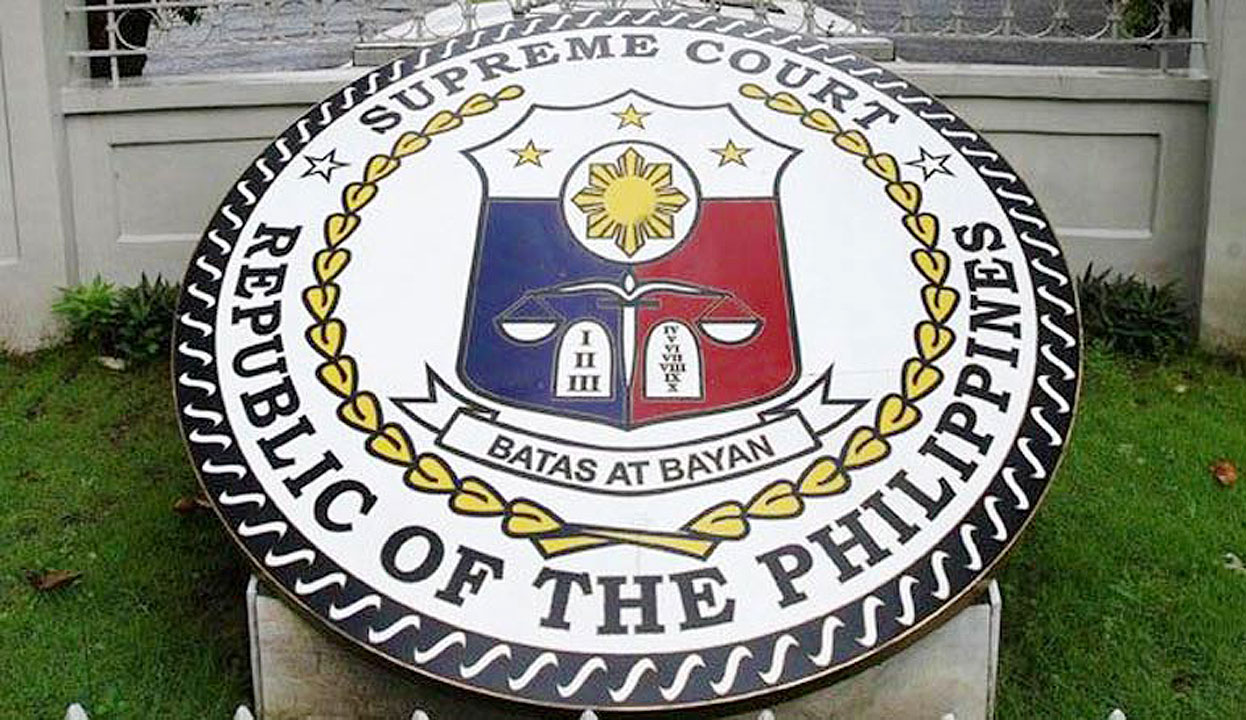SC asked to reconsider petition to void Maharlika fund bill certification as urgent

OPPOSITION lawmakers have asked the Supreme Court (SC) to reconsider its denial of their petition seeking to void the certification of the proposed Maharlika Investment Fund as urgent as well as the approval of the bill in the House of Representatives.
In an 11-page appeal filed on Wednesday and sent to reporters on Thursday, the House members of the Makabayan bloc reiterated that there was no public emergency or calamity that warranted the bill’s certification of urgency by President Ferdinand R. Marcos, Jr.
“By the foregoing consumed and completed actions, the facts are already sufficient to judicially determine whether or not there has been a grave abuse of discretion on the part of the president and the lower house in certifying a bill urgent when there is no calamity being addressed,” they said.
Under the Constitution, a president can only certify a bill as urgent if there is a public emergency or calamity that requires the immediate passage of a law.
“There is already an actual case or controversy ripe for adjudication in this petition because a constitutional provision has already been violated,” the opposition lawmakers said.
They added that the petition was not questioning the merits or deficiencies of the Maharlika Investment Fund but only the process of how it was certified as urgent.
The bill was approved by congressmen on Dec. 15, just over two weeks after it was filed. A counterpart bill is pending in the Senate.
The plaintiffs said the High Court dismissed their petition on Feb. 28 and sent a copy of the tribunal’s resolution on April 25.
Mr. Marcos said in his certification letter that the immediate enactment of the bill creating the Maharlika Fund is needed “in order to establish a sustainable national investment fund as a strategic mechanism for strengthening the investment activities of top performing government financial institutions (GFIs), and thus pump-prime economic growth and social development.”
The proposed investment fund has been heavily criticized by economists, former Cabinet officials, business groups and civil society organizations over the lack of transparency and safeguards. — John Victor D. Ordoñez



